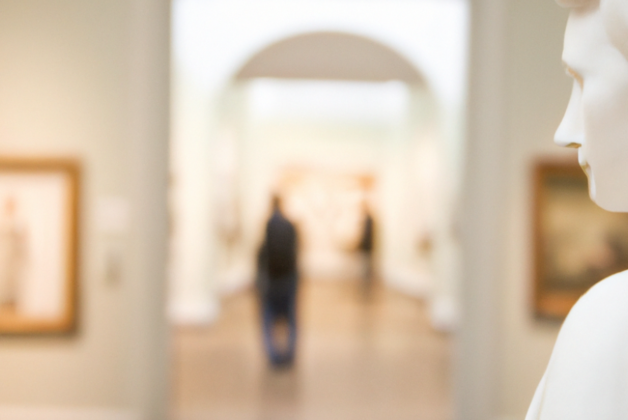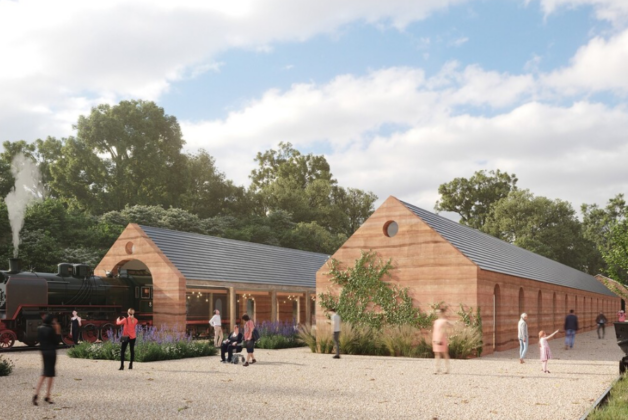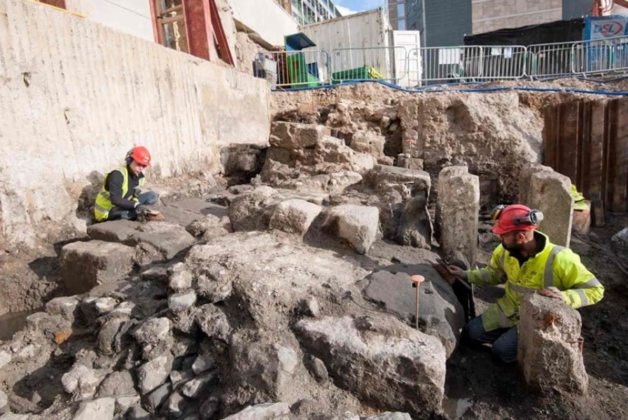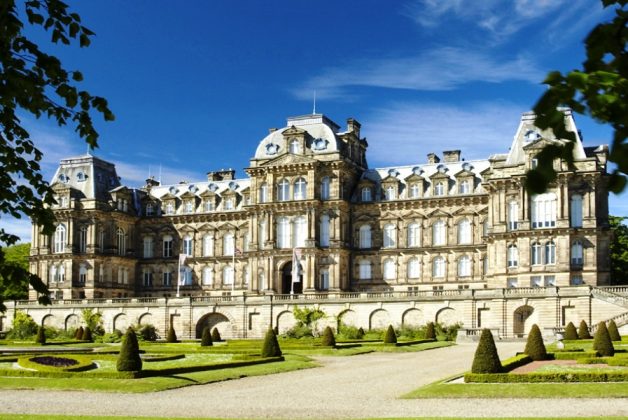Main Image: A Kaleider Production of Our Dancing Shadows, which will include audience participation through VR at the Layered Realities Weekend in Bristol from 17-18 March
The Culture Is Digital report is a call to action and is the first time that the Government has looked at how the two sectors of culture and digital can work together to boost the creative potential of technology and help bring every cultural organisation – both big and small – into the digital age
Matt Hancock, Secretary of State for Digital, Culture, Media and Sport, who unveiled the report at the National Gallery, said by embracing new technologies and attracting more diverse audiences, the UK would continue to cement its status as a creative powerhouse in the digital age. The report outlines how museums, galleries, theatres and heritage organisations will be given access to cutting-edge technology and digital skills training to help them reach new and diverse audiences.
The Culture is Digital report, sets out an ambitious framework for how culture and technology can work together to increase participation and boost the capability of cultural organisations.
The report makes a number of commitments, including:
- Arts Council England and the Heritage Lottery Fund will invest more than £2m to build the digital capacity of their sectors
- The National Gallery will create an Innovation Lab to examine how museums and cultural organisations can use immersive media, such as virtual and augmented reality, to enhance visitors’ experiences
- The Royal Opera House will create an Audience Lab, which will work with diverse talent to create content using emerging technologies and develop cross-sector collaborations
“Our cultural output has always been our unique calling card to the rest of the world and when combined with the latest digital developments there is no limit to our creativity,” said Hancock. “We want the UK to be the best place in the world to trial pioneering technology, while also maintaining our world leading status as a centre of artistic and cultural excellence.”
The Culture is Digital report sets out a series of policy commitments and showcases innovative projects in the creative sector, highlighting the positive collaborations between cultural and digital pioneers.
Arts Council England (ACE) and the Heritage Lottery Fund (HLF) will invest more than £2m to build the digital capacity of their sectors to ensure that funded organisations get better at collecting, using and sharing audience data.
“Every day across England, artists, performers, museums, libraries and arts organisations create brilliant new content,” said ACE Chief Executive Darren Henley. “We want to make sure they have the skills to use the best technology to enable more people in more places to connect directly to this deep well of creativity.”
The overarching Culture is Digital project was informed by an online open conversation last year and was borne out of the Government’s Culture White Paper commitment to review the digitisation of our public collections and enhance the online cultural experience. The report also builds upon the Government’s UK Digital Strategy commitment to increase digital skills, digital participation and unlock the power of data.
“As we have set out in our current consultation on future funding, HLF is committed to supporting digital capacity in the heritage sector, building on the considerable progress that has already been made,” said Ros Kerslake, HLF Chief Executive. “We look forward to working with Arts Council England and other partners in making our collective aspirations for digital culture a reality.”
You can follow #CultureIsDigital on social media and explore the interactive 360 degree presentation that allows users to learn about case studies and other key aspects of the report.




